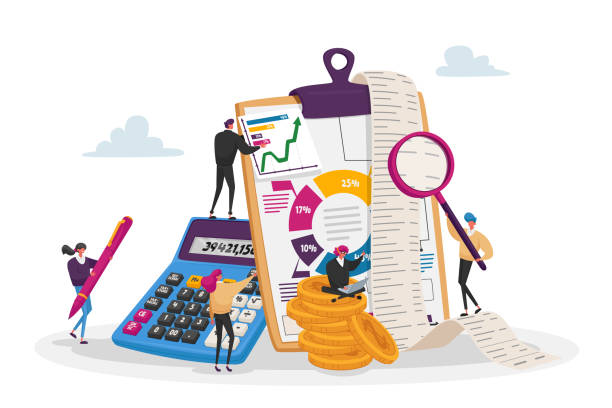Personal Finance
Personal finance is the process of managing your money and making informed financial decisions in order to achieve your financial goals. It involves creating a budget, saving and investing for the future, paying off debt, and protecting your assets through insurance.
Effective personal finance management can help you to live within your means, save for emergencies and long-term financial goals, and make the most of your money. It can also help you to reduce financial stress and increase your financial security.
There are many different aspects to personal finance, including budgeting, saving and investing, credit management, and retirement planning. It is important to understand these different areas and how they can impact your financial well-being. By taking control of your personal finances, you can make informed decisions about how to best use your money to achieve your financial goals.
There are several categories that are commonly used to organize personal finance:
-
Income: This category includes all sources of money that you receive, including salary, wages, bonuses, and investment income.
-
Savings and investments: This category includes all money that you save or invest for the future, such as in a savings account, 401(k), or IRA.
-
Spending: This category includes all of your regular expenses, such as rent or mortgage payments, utilities, groceries, and transportation.
-
Debt: This category includes any money that you owe, such as credit card balances, student loans, or car loans.
-
Insurance: This category includes all types of insurance that you have, such as health insurance, car insurance, and life insurance.
-
Taxes: This category includes any taxes that you owe, such as federal income tax, state income tax, and property tax.
-
Giving: This category includes any charitable donations or gifts that you make.
By keeping track of your personal finances in these categories, you can better understand where your money is going and make informed decisions about how to manage it.
Personal finance is important for a number of reasons:
-
It helps you live within your means: By creating a budget and tracking your spending, you can make sure that you are not spending more than you can afford. This can help you to avoid overloading your credit cards, falling into debt, or getting behind on your bills.
-
It helps you save for the future: By saving and investing for the long term, you can create a financial cushion for emergencies and achieve your financial goals, such as buying a house or retiring.
-
It can reduce financial stress: Effective personal finance management can help you to feel more in control of your money, which can reduce financial stress and increase your overall well-being.
-
It can increase your financial security: By protecting your assets through insurance and managing your debt, you can increase your financial security and reduce the risk of financial setbacks.
Overall, personal finance is important because it helps you to make informed decisions about your money and achieve your financial goals. By taking control of your personal finances, you can increase your financial security, reduce financial stress, and build a strong foundation for your future.







